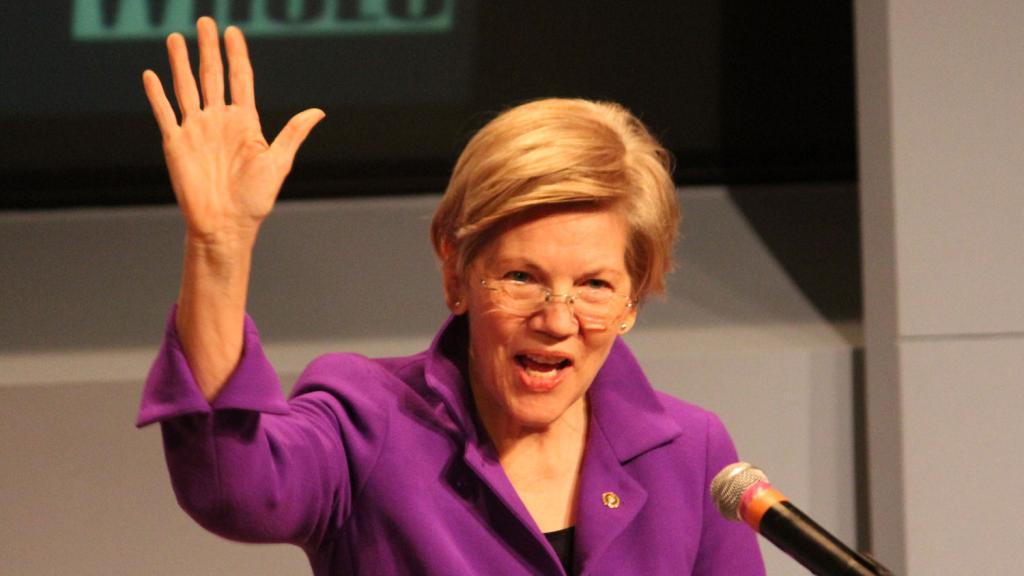Q. Got an email from a company called Arcadia Power. They say they can source my energy such that it comes from renewables, then pay my energy bill for me. Can they do this? Is my money safe with them? Won’t my municipally owned power company be upset? I would love to make the switch, but I want to be sure this is legit.
Margarita M.
San Antonio
A. Dearest Margarita,
Kudos for setting a prime example in savvy consumerism. If everybody applied this scrutiny to every product promising miracle weight loss, get-rich-quick results, or the kind of unmentionable claims that populate my spam folder, we’d all be happier (and have a few more bucks in our pockets). In fact, from now on, let’s all take a step back and ask ourselves, “Wait, they’re doing what with my money?” before whipping out our wallets.
The offer you received is what’s called a renewable energy certificate (REC), aka green tag. And to answer your first question — can they source your power from renewables? — well, not exactly. But RECs are indeed a totally legit way to support the development of greener, cleaner energy. Let me explain.
All electricity, whether it comes from a solar panel, hydroelectric dam, nuclear power plant, or coal, looks exactly the same once it gets dumped into our national energy supply, aka the grid. (For a refresher on that vast, complicated system, head over here.) Which sources supply the juice for your particular house varies by location – up here in Seattle, for example, it’s primarily hydropower, while Texas’s number-one source is natural gas.
Now, REC providers don’t actually change where your electricity comes from. Instead, they pay a third company — a wind farm in North Dakota, say — to generate electricity. (In this particular case, you say that Arcadia will pay your electric bill, which is true, but the company then charges you what your regular utility does, plus a little extra to cover the RECs.)
Confused? Here’s a handy explainer. Or, if you prefer, just assume that, while the actual electricity flowing through your house comes from the same place, by buying those RECs, you “own” the environmental benefits of that clean energy from North Dakota.
Granted, this is all a bit confusing. But it’s a nifty system for several reasons. For one, it lets you financially support green energy projects even if you don’t have them in your neck of the woods. It helps make the overall energy mix in the grid cleaner. And it allows you to completely offset your personal electricity footprint by replacing any carbon-emitting power you suck from the grid with new electricity derived from renewable sources.
Naturally, Margarita, you want to be sure that your REC provider is on the up and up — in other words, that your hard-earned cash is truly funding a green energy project and not, say, a pony for the executive’s kid. Enter the importance of third-party verification. The one major player here is the Center for Resource Solution’s Green-e energy program, which makes sure a given REC is worth its salt (among other things, it makes sure RECs fund new energy projects on the voluntary market and produce the amount of green juice they say they do).
Now to your offer from Arcadia Power. If you check the Green-e website, you’ll notice they’re not listed as certified*. So I called the company to find out why not. Good news: According to company cofounder Kiran Bhatraju, it won’t be that way for long. “We buy a Green-e certified product right now, and we’re in the process of becoming a Green-e certified company,” he said. “As a two-year-old company, it takes a bit of wrangling.” It’s up to you whether you want to wait for that official word to come through before buying. [*Update: Arcadia Power is now certified.]
Interested in putting some dollars toward clean energy development? Some of you will have this option directly through your local electric company, and signing up that way is great because it sends the clear message that you want windier, sunnier power in your area. Some of you won’t, but the beauty of RECs is that they’re available to all. You can find choices both local and far-flung by searching the EPA’s Green Power Locator. Note that not all the options come with Green-e certification, though, so be sure to check them out carefully. The old journalism motto — “If your mother says she loves you, check it out” — applies just as nicely to shopping, you know.
Caveat emptorially,
Umbra



